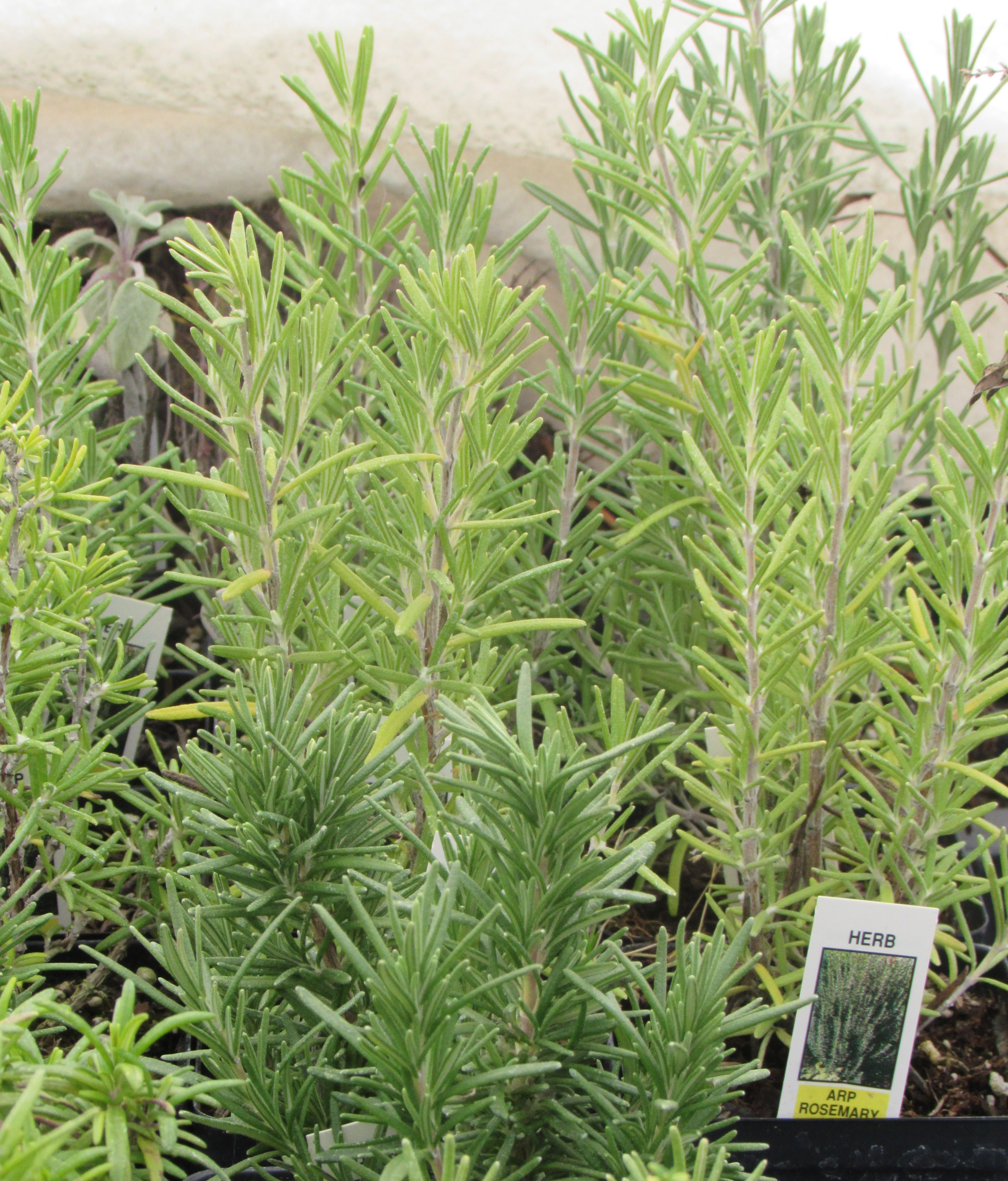After years of digestive issues, and numerous scopes and scans, and many attempts to fix the problem with diet and herbs, I had accepted that I would be taking prescription Nexium, or one of its generic counterparts, for the rest of my life. I didn’t like having to take a medication every day, but I thought it was the only option. Taking it did have some risks, including increased likelihood of developing osteoporosis, but it was only in the last month or so other serious risks were admitted to the public: kidney disease and dementia. Yikes! By taking Nexium daily, I was increasing my chances of developing kidney disease by 30-50%, and dementia by 44%.
I didn’t much feel like getting any of those things, and so, being surrounded by plants, I turned to one of them for an answer. Rosemary has a long history of helping with memory, and recent scientific studies have only confirmed what Shakespeare’s Ophelia knew, “There’s rosemary, that’s for remembrance.” Surprisingly, scientists have found that sniffing rosemary, not eating it, is the way to enhance memory. One of the compounds in rosemary, 1,8-cineole, causes an increase in a neurotransmitter called acetylcholine. That’s important because people with Alzheimer’s and other forms of dementia have low levels of acetylcholine. Inhalation is one of the best ways of getting that chemical into the brain. When you eat rosemary, it may be broken down in the liver, but when you inhale it, small molecules can pass into the bloodstream and directly to the brain.
Rosemary is one of those Mediterranean herbs that is almost hardy in Colorado. I know more than a few people who have had it survive in the garden outside in Denver and Pueblo. There are a couple of varieties which have proven themselves hardy along the
Front Range in not-too-cold winters; ‘Arp’ and ‘Hill’s Hardy’ They need just the right
protected spot–a courtyard or a sheltered corner—a winter of -10 will probably kill
them, but they can be replaced with new plants which grow very quickly. Even in
Denver, they begin flowering in February.I’ve been surprised at how well rosemary overwinters with just a little protection in a cold frame. Here’s a picture of flats of rosemary that have been in an unheated cold frame all winter. Soon they’ll start actively growing again.
I am back to looking for answers in the natural world, both for heartburn and for kidney health and dementia. I’m giving up Nexium. I’m planting lots of rosemary. I’m working on eating lots of fruits and vegetables–good for everyone, but perhaps crucial for me.





